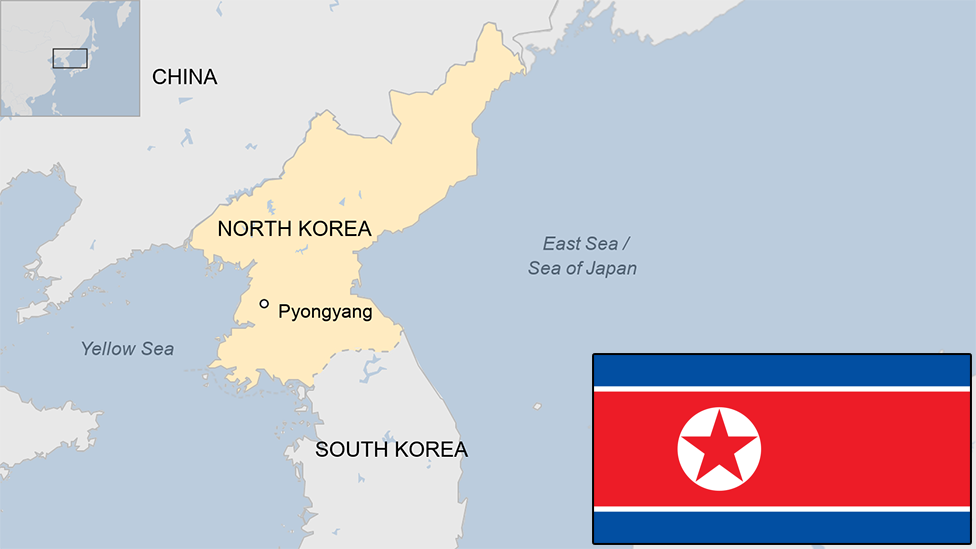North Korea elections: What is decided and how?
- Published
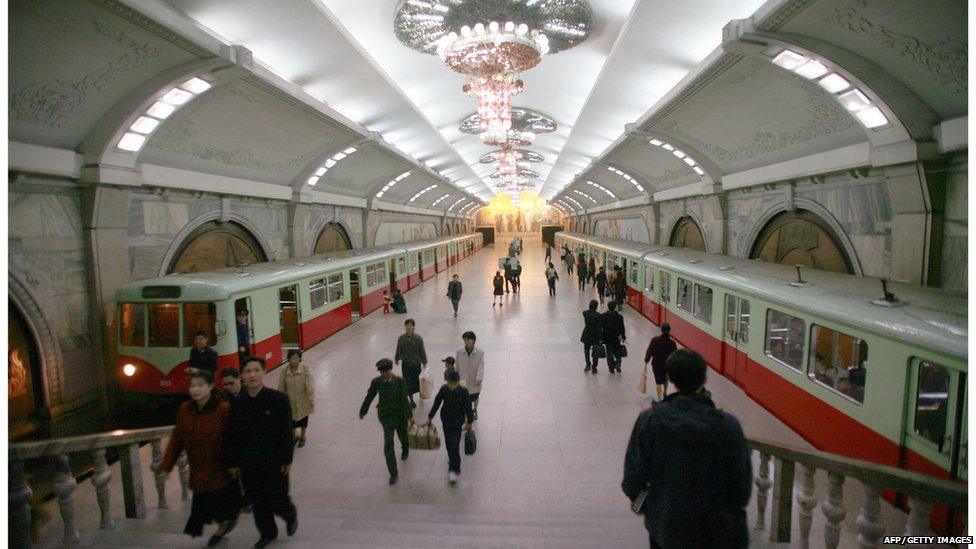
Sunday is a national holiday in North Korea to allow people to vote in local elections
Local elections are being held in North Korea - the first since ruler Kim Jong-un came to power in 2011.
It is the joint-most corrupt country in the world with Somalia, according to Transparency International, external, and the same family has ruled since 1948.
So why is it holding elections? And how reliable are they?

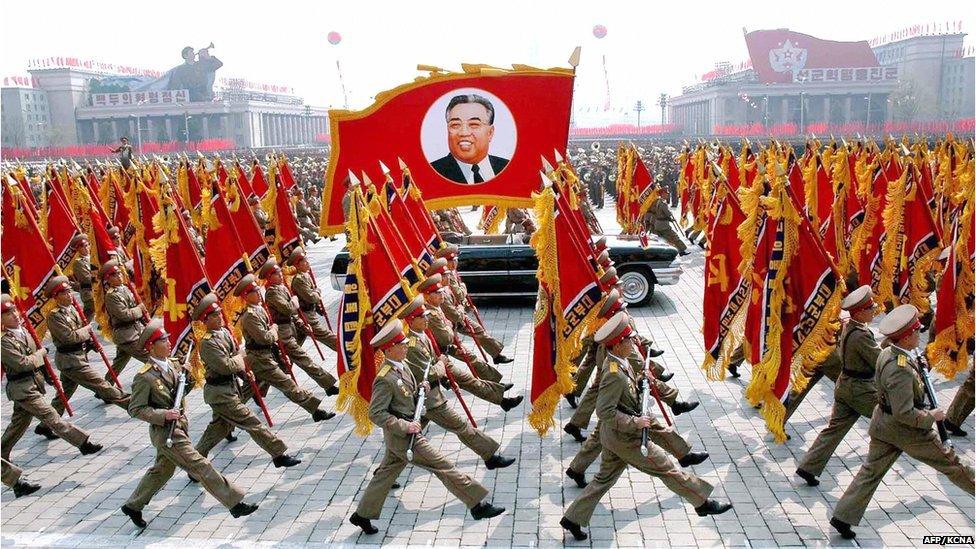
What will be decided?
Local elections have been held in North Korea since 1999 - let's not forget that the country's full name is, technically, the Democratic People's Republic of Korea (DPRK).
Sunday's elections are to decide provincial governors, mayors and local assemblies in the country of almost 25m people.
The number of seats is determined by each district's population.
In the second provincial elections in 2003, one report said 26,650 "officials, workers, peasants and intellectuals, external" were elected.

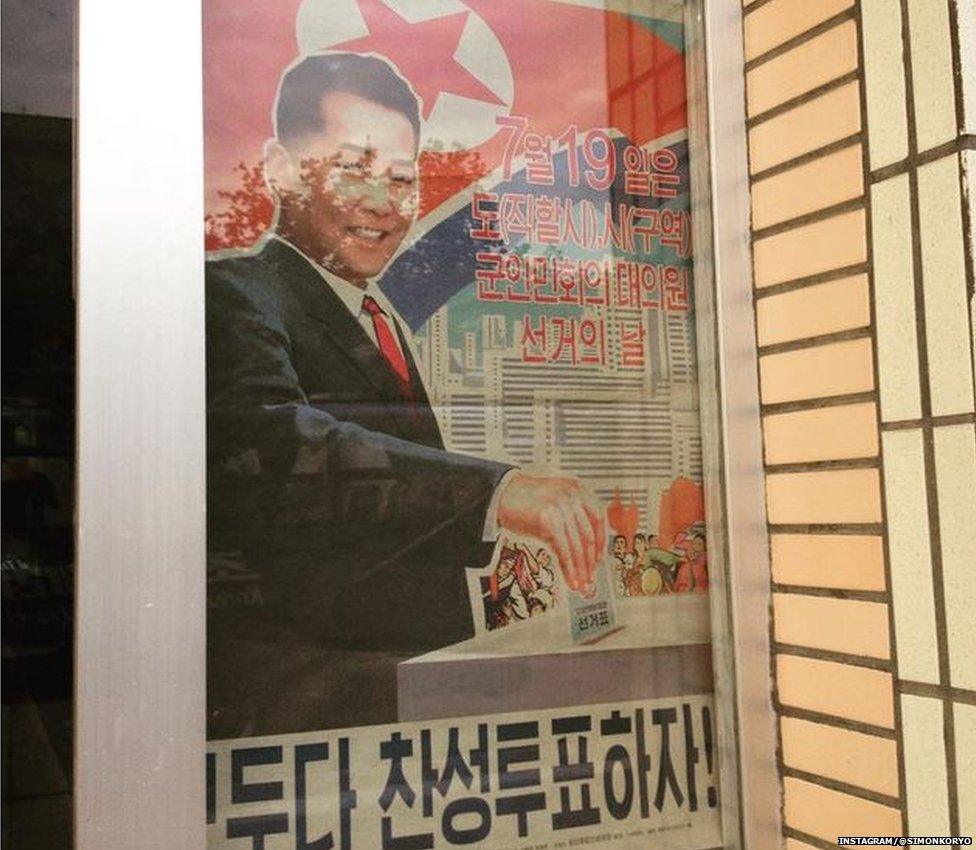
An Instagram image by Simon Cockerell, of Beijing-based North Korea tour operator Koryo Tours, shows a 2015 election poster in Pyongyang
What options do voters have?
The choice is limited - there is only one candidate on the ballot in each district, and while the selection of candidates is made by the governing coalition, they are closely overseen by Kim Jong-un's Workers' Party.
Ahead of last year's elections to name deputies for the country's assembly, The Economist reported that voting did not take place in secret, external, and any dissenting votes must be placed in a separate ballot box.
Abstaining or voting no are considered acts of treason.

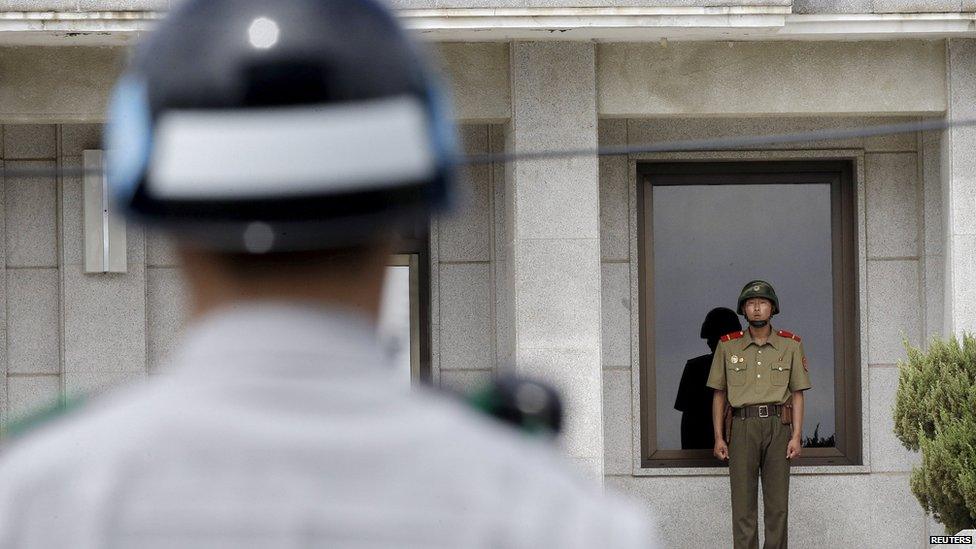
Many North Koreans will return to vote - though mainly from China, not at the South Korean border (above)
Is there more to the election than meets the eye?
In the last local election, in 2011, there was a turnout of 99.7%, with the state news agency saying those unable to vote were abroad or on the high seas, external.
Having such a high reported turnout has its advantages for the state, observers say, in that it acts as an informal census.
"The government checks the list of voters and if your name is not on the list, they will investigate it", one North Korean defector told the NK News website, external.
"It is often during election that the government finds out about defectors and people who have been missed."
If the state works out you did not vote, NK News says, "you and your family are in trouble".

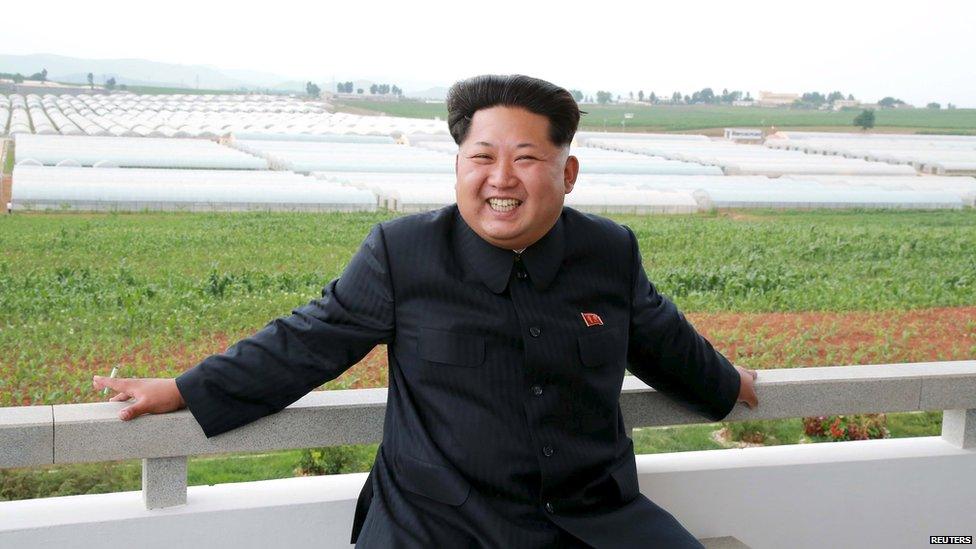
What about Kim Jong-un?
Sunday's elections do not decide the leadership of the country.
Parliamentary elections are also held in North Korea, and they decide who rules the country - which is always a foregone conclusion.
Kim Jong-un won in the last parliamentary election in 2014 - gaining 100% of the vote in his Mount Paektu constituency.
- Published8 June 2015
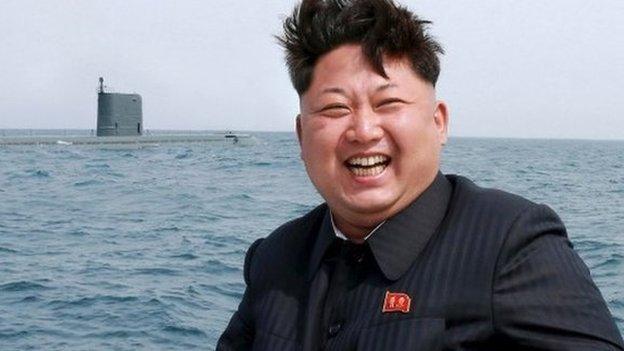
- Published13 May 2015
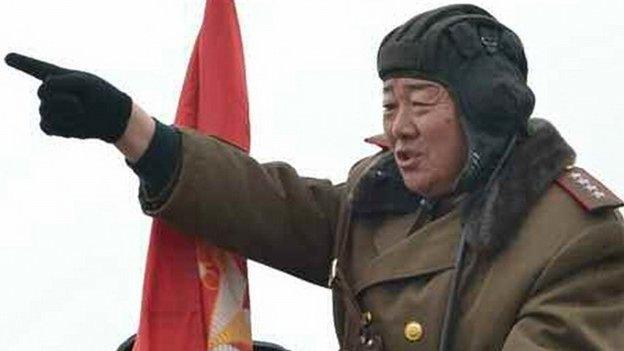
- Published19 July 2023
